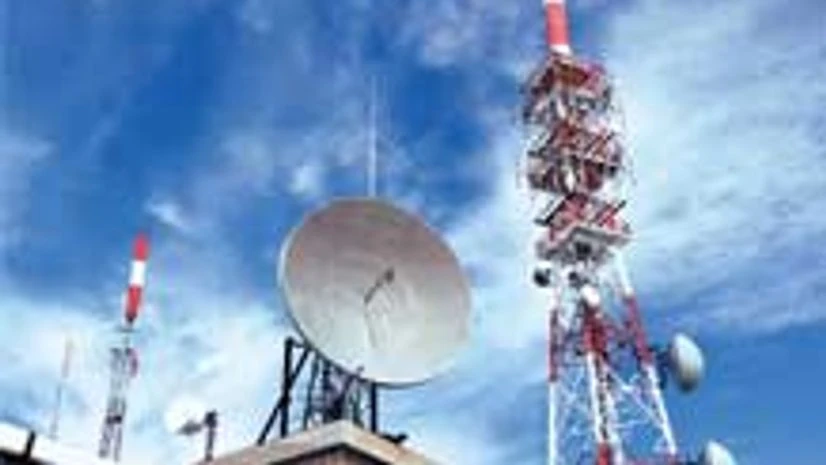In what could prove a setback for major telecom companies, the department of telecommunications (DoT) has internally decided not to increase the present caps on sharing and trading of spectrum within a circle.
An internal DoT committee, which gave its report to Telecom Secretary Rakesh Garg a few days ago, is learnt to have recommended retaining the existing caps. The report would now be placed before the Telecom Commission, the highest policy-making body of DoT, for a final decision, a senior official in the communications and information technology ministry told Business Standard.
According to the existing rules, suggested by the Telecom Regulatory Authority of India (Trai) earlier, a telecom operator cannot hold more than 25 per cent of spectrum assigned to all companies in a particular circle, or more than 50 per cent of spectrum assigned to all firms in a particular frequency band.
More From This Section
After the announcement of sharing and trading norms a few months earlier, operators had urged the government to increase the cap to at least 30 per cent of total spectrum assigned to all operators in a circle, and 60 per cent of total spectrum assigned in a particular band, the official added.
Bharti Airtel Chief Executive Gopal Vittal had said the government should relax spectrum caps to enable actual consolidation in the sector.
Bharti, Vodafone and Idea have a combined market share of 60-70 per cent, but they hold only 30-35 per cent of the total assigned spectrum. Smaller players, on the other hand, hold around 70 per cent of assigned spectrum, despite having a combined market share of only around 30 per cent.
The caps mainly prohibit any sharing or trading among operators with large spectrum holdings. Spectrum sharing allows telecom players to pool or share their spectrum with one another; trading means buying out spectrum of another telecom operator.
For instance, under the present norms, Bharti Airtel, which is in talks with Aircel to trade 3G (2,100-MHz) and 4G (2,300-MHz) spectrum, will breach the spectrum cap of 25 per cent in circles like Assam, Karnataka, Mumbai, Odisha, Punjab and Tamil Nadu. According to a telecom expert, it will be impossible for Airtel to trade Aircel spectrum in many circles without breaching the cap. But Aircel will have very little difficulty - only in a few circles - in trading pacts with Vodafone or Idea Cellular.
Also, big players like Bharti, Vodafone and MTNL will not be able to share spectrum with one another because of their huge spectrum holdings, in Delhi for instance. But Reliance Jio Infocomm will be able to share or trade spectrum with Reliance Communications in most circles without breaching any cap, according to the expert.
Cellular Operators Association of India (COAI) Director-General Rajan Mathews says: "Both sharing and trading norms will allow telcos to hold co-joined spectrum and launch new services. Trading of spectrum is a better option than a complete buyout - merger or acquisition - of another telco."
Experts say trading norms can bring the much-needed consolidation in the sector if caps are relaxed; and sharing and trading norms will improve quality of services, too. It will also give smaller players an exit route.
CALL DROP
- DoT panel decides not to raise cap on spectrum holding for sharing or trading
- This means two big telecom operators will not be able to share or trade spectrum in a majority of licensed circles
- The existing rules say a telecom operator cannot hold more than 25% of spectrum assigned to all companies in a particular circle, or more than 50% of spectrum assigned to all firms in a particular frequency band
- Big telcos had been seeking an increase in spectrum caps; the Bharti Airtel CEO, for instance, had asked for a relaxation in caps for a consolidation in the telecom sector
- Sharing and trading are expected to help big players expand and smaller players exit, besides improving quality of services

)
